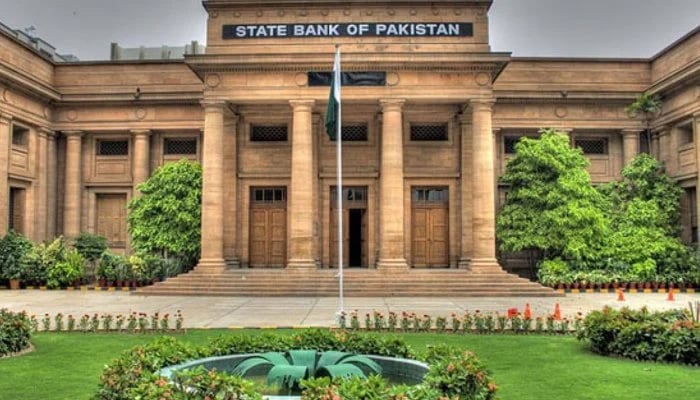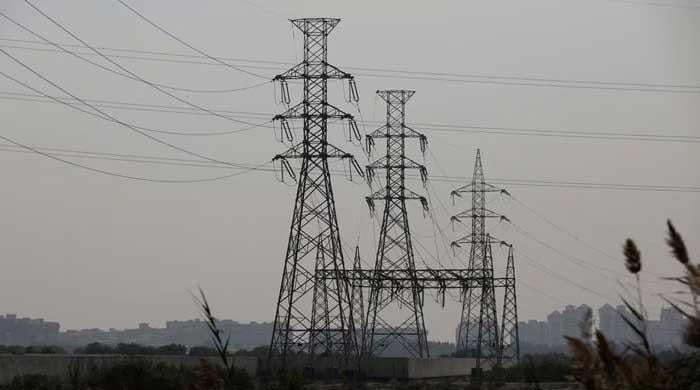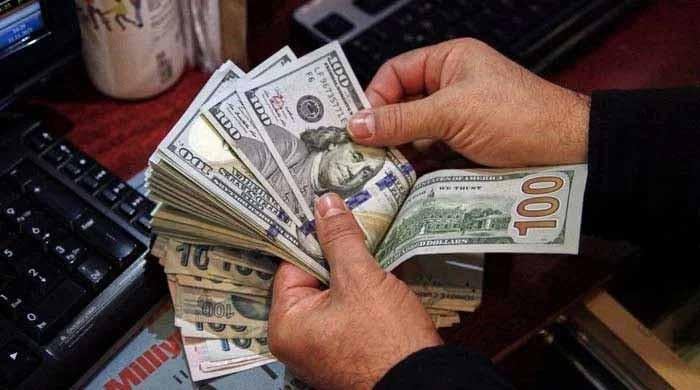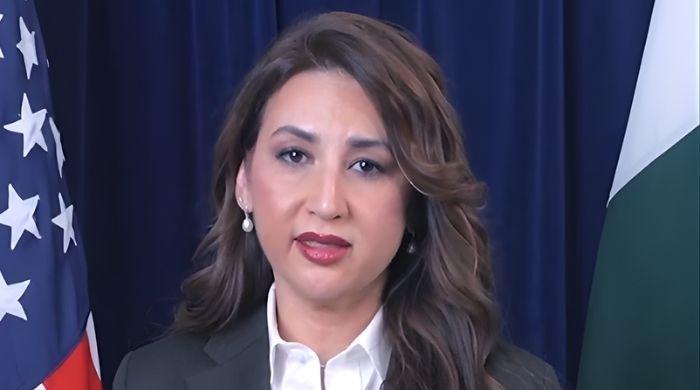SBP issues clarification on its monetary policy stance
SBP reiterates that its monetary policy stance is geared towards “price stability"
November 29, 2021

- SBP reiterates that its monetary policy stance is geared towards “price stability."
- Central bank jacked up the benchmark policy rate by 150 basis points to 8.75%.
- State Bank cites three reasons to support its monetary policy decisions.
KARACHI: The State Bank of Pakistan (SBP) on Monday reiterated that its monetary policy stance is geared towards “price stability while playing its due role in contributing to economic growth and development.”
In a statement issued in this regard, the central bank said: “Getting this balance right through the various stages following COVID has been the key goal of monetary policy, and helps explain the path of policy actions.”
Following several concerns expressed over the actions of the SBP particularly with regard to monetary policy decisions and the role of the COVID-related monetary accommodation in fuelling the currently elevated inflation outturns, the SBP decided to address the issues.
It is pertinent to mention here that the central bank jacked up the benchmark policy rate by 150 basis points to 8.75%.
With reference to the status quo, monetary policy decisions in the earlier half of 2021, the central bank stated that at that time “demand-side pressures appeared contained with spare capacity in the economy, price pressures were concentrated in a few items, wage growth was subdued and inflation expectations were reasonably anchored.”
“Moreover, any inflationary concerns were dwarfed by the fact that Pakistan was going through the third and subsequently the more virulent and uncertain fourth Delta-variant wave of COVID-19,” the statement read.
“At such a time of elevated uncertainty about the future trajectory of the pandemic, the Monetary Policy Committee (MPC) adopted a prudent policy stance by keeping interest rates unchanged, so as to not preemptively disrupt economic activity,” it stated.
The central banks stated that policymaking involves taking “calculated decisions in real-time when the future is uncertain and considerations need to be carefully balanced this is especially so in the face of a shock like COVID, for which policymakers have no rulebook.”
Citing the second reason, the SBP stated that “in the midst of a once-in-a-century pandemic, it would be imprudent to solely superimpose classical economic theories onto data outturns.”
“Policymakers, economists and businesses around the world did not know how the global or domestic economy would evolve in response to mobility restrictions of varying stringencies in different locations. Similarly, there was, and in fact, continues to be, heightened uncertainty regarding price-setting behaviour,” the statement read.
The central bank highlighted that there is an ongoing debate in global policy circles and financial markets over whether the ongoing bout of inflation is transitory in nature or not. “In the face of an unprecedented shock-like COVID, invoking supposed historical, textbook patterns of overheating is facile,” it said referring to the media reports.
“Under such circumstances, as policymakers around the world acknowledged, the costs of normalising policies too soon outweigh those of waiting for more clarity on the path of inflation and output. As that uncertainty has recently waned in Pakistan, monetary policy is being appropriately normalised.”
The State Bank added that some commentary has seemingly attributed the currently higher inflation to the growth in the broad money supply.
It highlighted that at the start of the pandemic in March 2020 and for the subsequent few months, real broad money balances were in fact below the “pre-COVID trend,” it said.
If allowed to continue, “a liquidity crisis would have turned into a solvency one, multiplying the contractionary impact of COVID-19 on real GDP growth.”
“To stave off this stark outcome, and to extend the needed support to businesses and households, the SBP and the government introduced unprecedented simulative policy measures. Therefore, real money balances recovered as intended. Not providing this support would have risked worsening and prolonging the loss in output and employment that accompanied the COVID shock,” the statement read.









